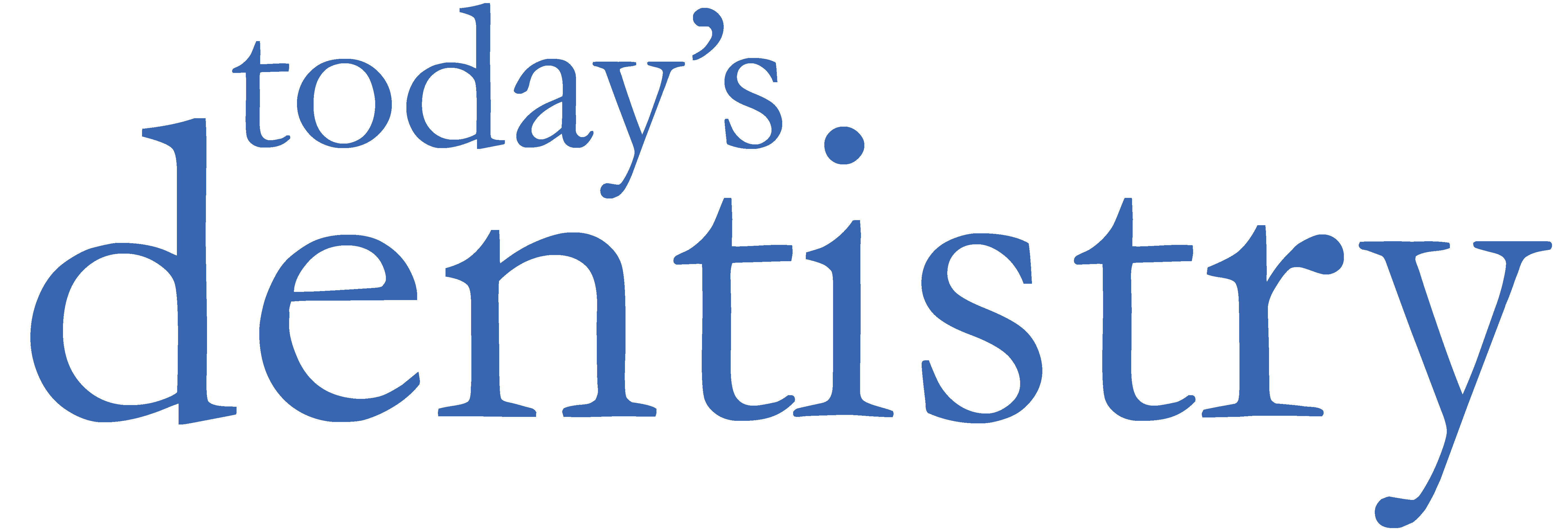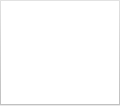“There can be some confusion around these dentistry terms because many practitioners use them interchangeably,” explains Dr David Kerr, partner dentist at Today’s Dentistry. “If a practitioner calls themselves a sleep dentist, it can be hard to tell what’s what.”
In Australia, we generally see sedation dentistry and sleep dentistry as two different forms of dentistry.
“To me, sedation dentistry refers to people who want to have their dentistry done while they’re medically relaxed or asleep, whereas sleep dentistry deals with the whole area surrounding sleep disorders – a patient may want dentistry to help them with their snoring or sleep apnea.”
In which patient cases can sedation dentistry be useful?
When someone who’s nervous comes in, the words they often use about having treatment are:
“Can you knock me out to do that?”
“I don’t want to feel a thing or be awake.”
“Can you put me to sleep?”
“We can use sedation for a range of dental treatments and will discuss this option with patients to deal with the fear of pain, a long procedure, a specific issue like needle phobia, or more extensive and difficult procedures such as a wisdom tooth extraction or dental implant surgery,” says Dr Kerr.
So what exactly is sedation dentistry?
Sedation dentistry uses medication to help you become either:
- Almost unconscious – you’re awake but deeply relaxed
- Totally unconscious – you’re asleep and completely unaware
There are several levels of sedation and which one we use will depend on the severity of your dental anxiety:
Minimal sedation
Moderate sedation
Deep sedation
And what is sleep dentistry?
“In Australia, sleep dentistry is an emerging area of dentistry,” says Dr Kerr.
Your dentist can now screen and treat you for the two most common sleep-related breathing disorders – snoring and obstructive sleep apnea (OSA).
While snoring can disrupt your sleep (and your bed partner’s!), sleep apnea can cause more significant physical and psychological issues such as extreme daytime fatigue, slow reaction times (work accidents or nodding off while driving), depression, diabetes and an increased risk of heart attack or stroke.
With sleep apnea, you typically gasp or choke for air, make snorting sounds, snore loudly, suffer headaches or dry mouth, or feel irritable. This is because you actually stop breathing for a few seconds while sleeping, up to hundreds of times a night, and this constant waking deprives your brain of oxygen.
How do we use sleep dentistry at Today’s Dentistry?
During consultation with your dentist, if your snoring is a worry or you’re showing up with sleep apnea symptoms, we’ll assess you for further screening or treatment (the Sleep Health Foundation’s new national sleep study highlights how important it is to get help).
Snoring may be treated by your dentist with an oral appliance called Oventus. This device looks like a mouthguard and helps to open the narrowed breathing passages during sleeping.
If we suspect you have sleep apnea, we’ll refer you to a specialist sleep clinic for a sleep study. Once you’ve been diagnosed, your sleep specialist can discuss a range of treatment options with you, including your suitability for using an oral appliance.
Our dentists are here to help
Whether your concern is sedation, snoring or poor sleep, you can call us at Today’s Dentistry on 07 3263 2677 or book your appointment online.


